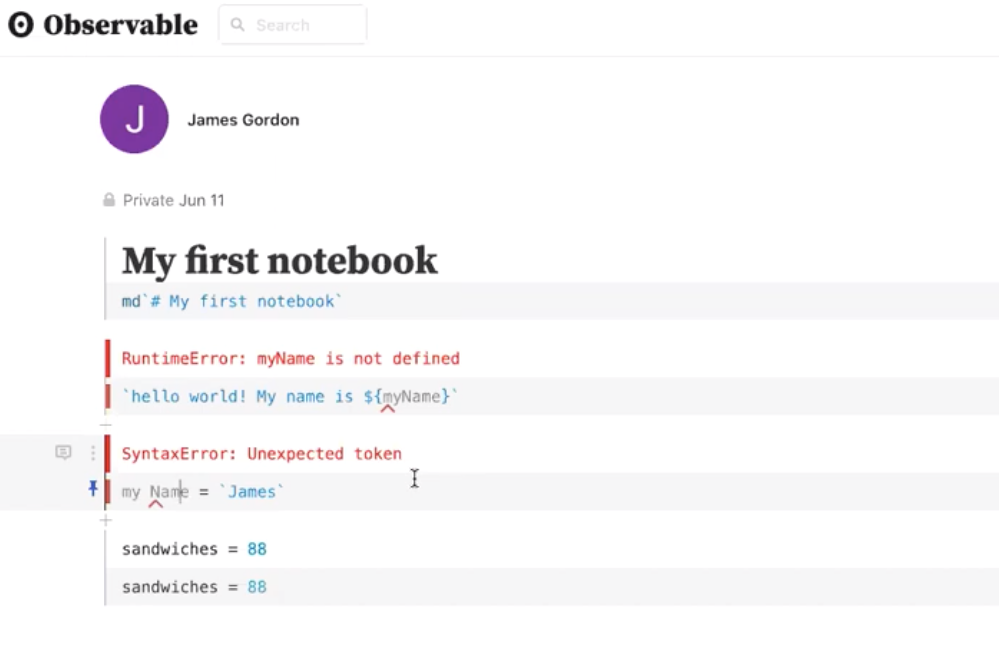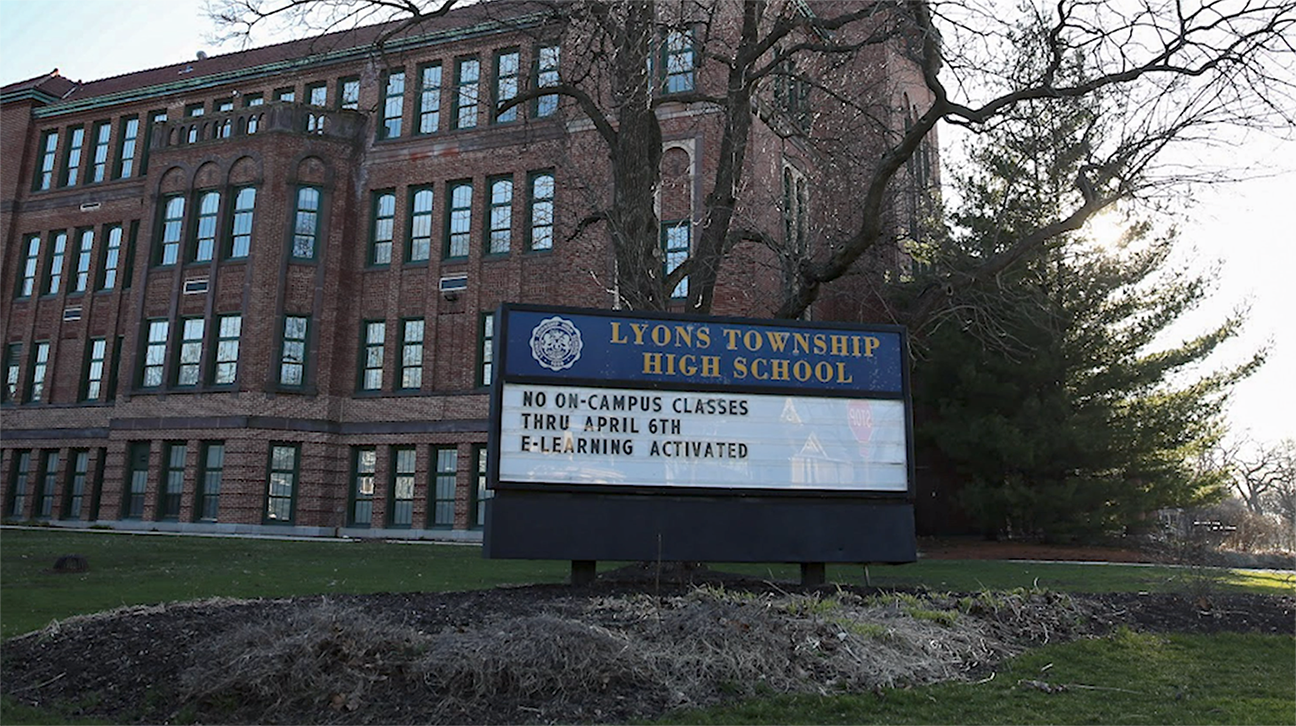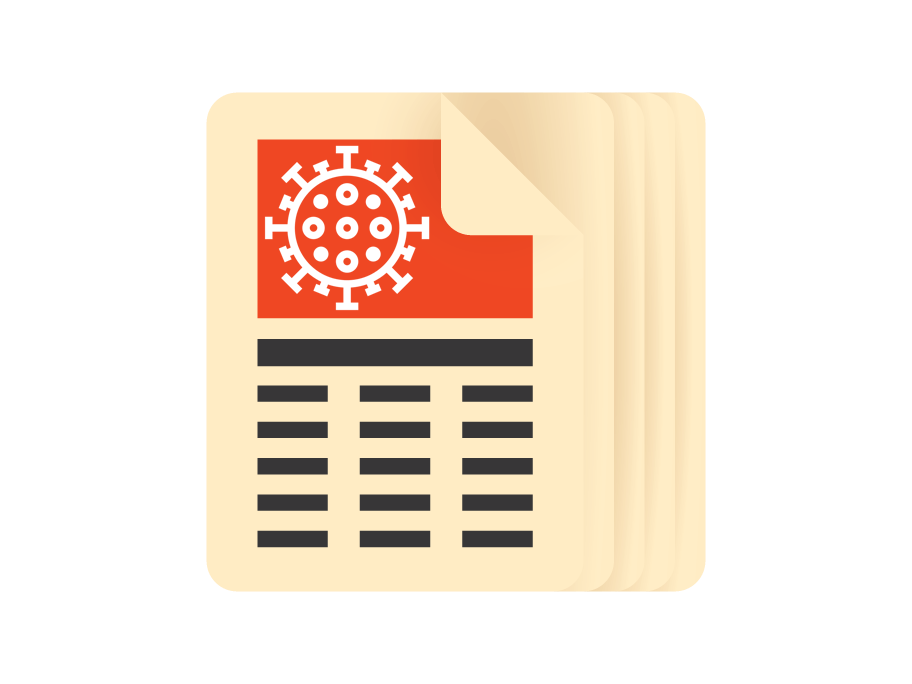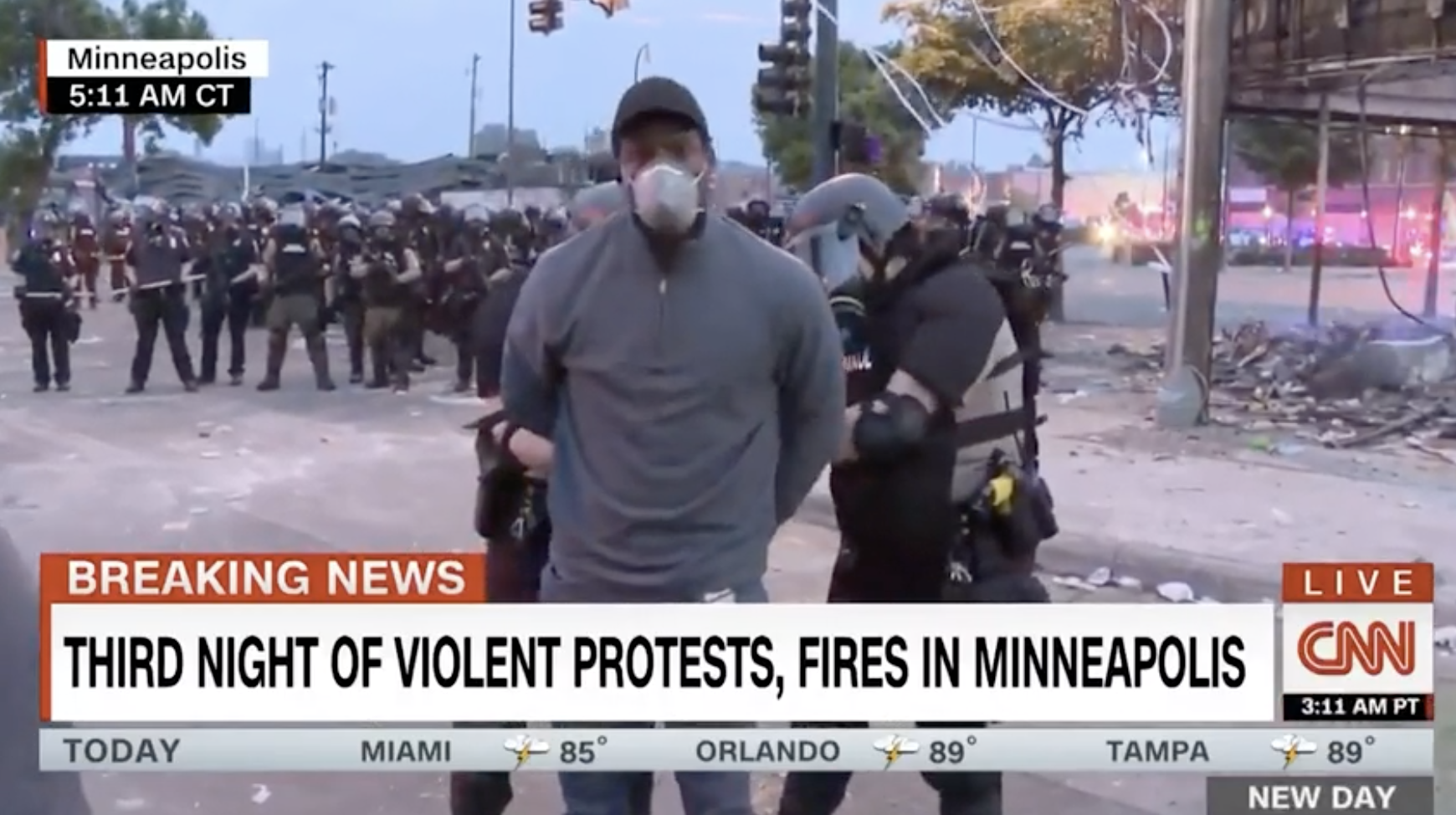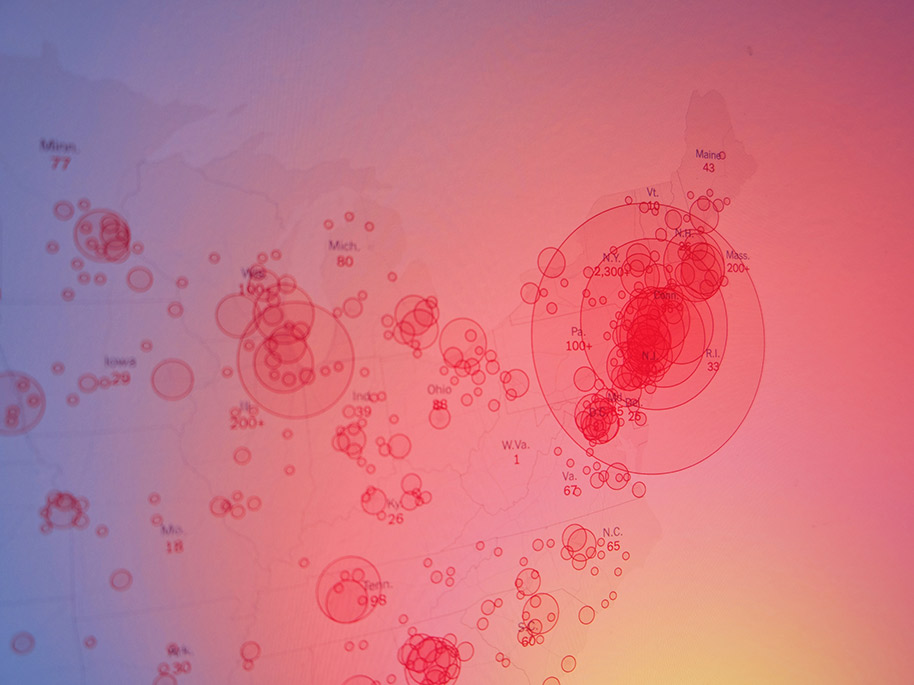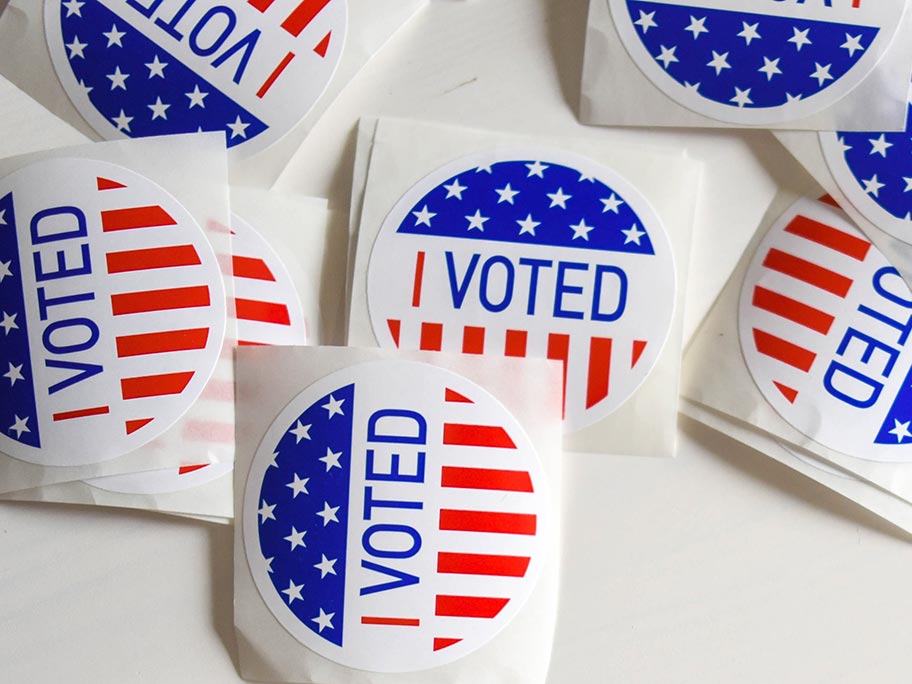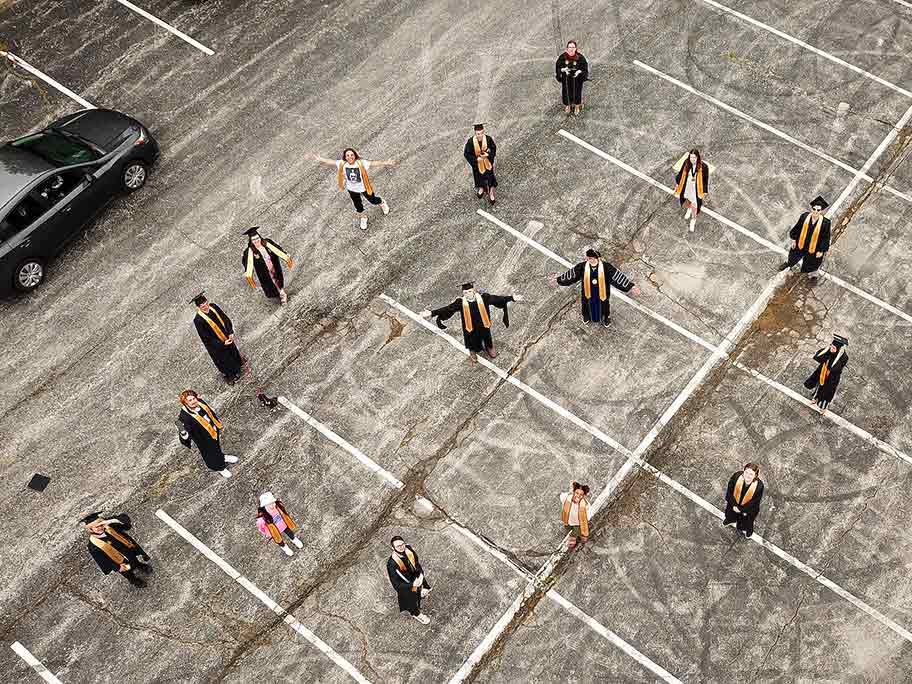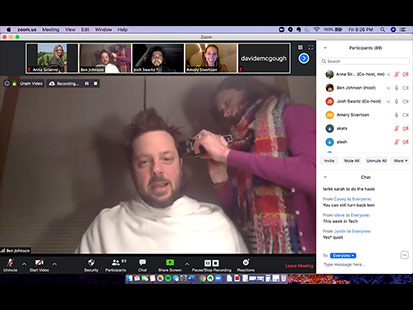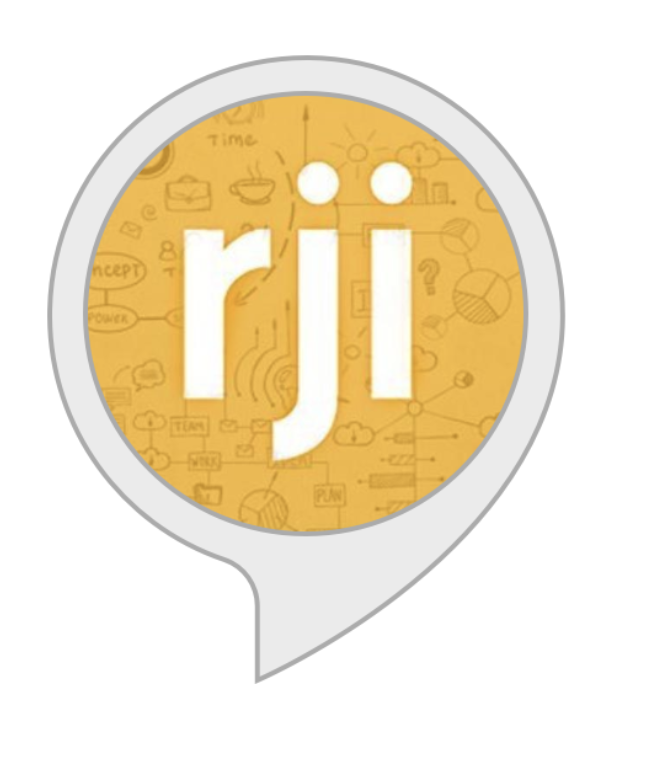
Reporting
Visualizing COVID-19 data: Learning Observable and Vega
Watch this workshop for journalists to learn how to visualize COVID-19 data with these two web tools
Remote tools for storytelling: Lyons High School Yearbook
The Lyons Township High School had to finish their yearbook from their homes because of the pandemic
Spinning up a highly focused newsletter? Keep these 4 things in mind
As the news around the coronavirus became overwhelming for readers but even journalists, the Missourian, like many newsrooms, rolled out a coronavirus newsletter in mid-March.
Safety, prep and knowing your rights
Hostile Environment Awareness trainers, journalists and NPPA general counsel answer questions about safety, prep and legal rights on volatile assignments
Thanks to COVID-19, local news will never be the same. And it shouldn’t be
The views expressed in this column are those of the author and do not necessarily reflect the views of the Reynolds Journalism Institute or the University of Missouri. The coronavirus pandemic has disrupted our routines, transformed our social interactions and redefined our relationships. Yet, as odd as it sounds, we’ll likely come to appreciate some … Continued
Challenge Accepted! How to optimize digital election coverage for engagement? Make it digestible
Missouri School of Journalism students partner with media organizations to solve problems they face. Challenge Accepted!
Newsroom Notes: The more things change, the more they stay the same?
When it comes to the global pandemic we find ourselves in, are you tired of hearing the quote attributed to Winston Churchill? “Never waste a good crisis.”
Voice delivered news: Remy Becher at the Economist
Q&A on voice activated news with Remy Becher, Vice President for Product at the Economist
Voice delivered news: Innovation skill
Integrating content with voice assistants is easier than ever
